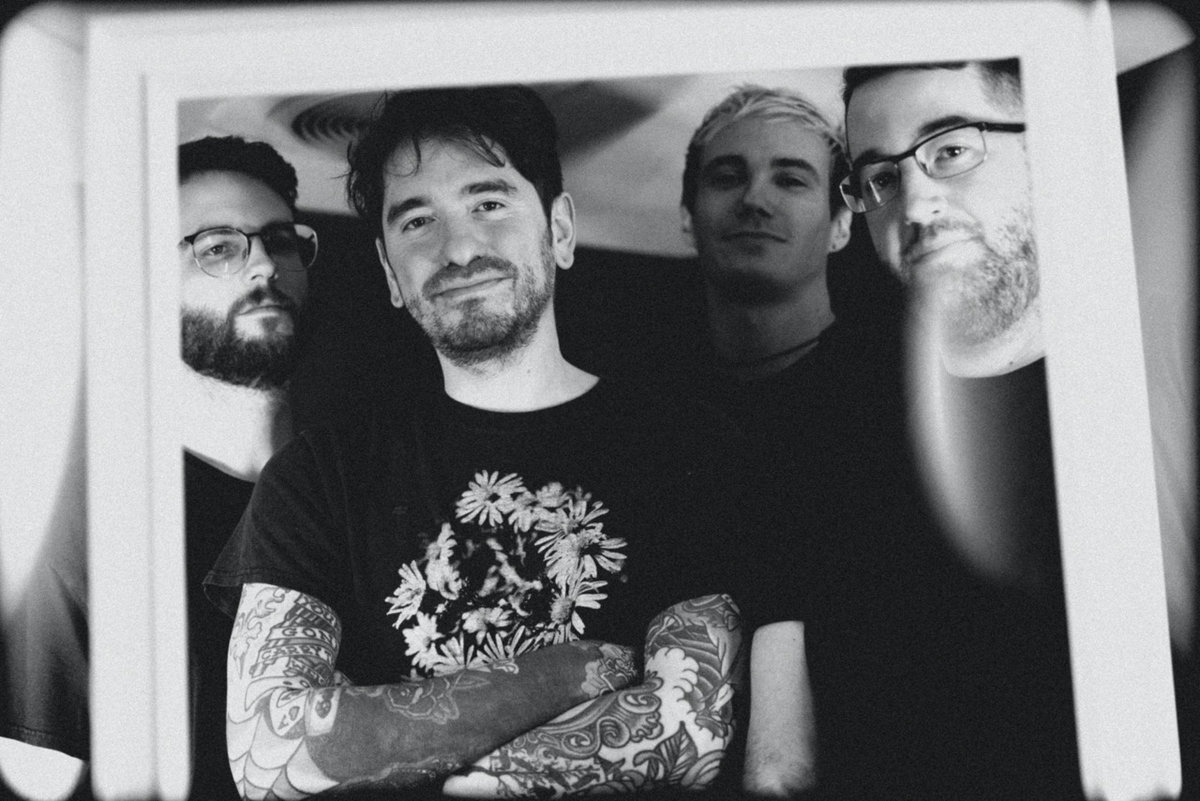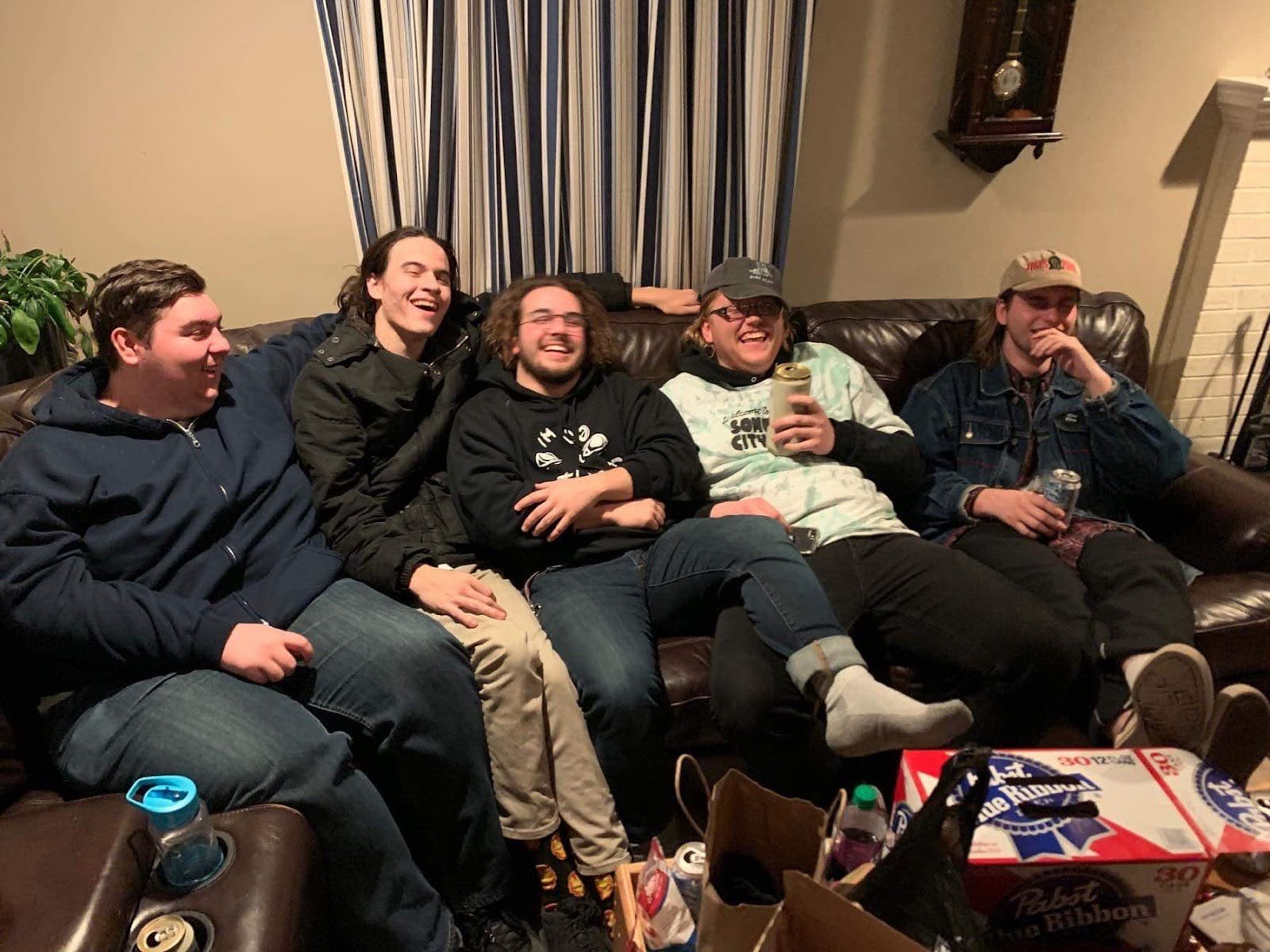Claire Rousay – sentiment | Album Review
/Thrill Jockey Records
A candid voice message is the first thing a person hears when they put on Claire Rousay’s sentiment - placing the listener in a certain headspace and preparing them for the album they are about to hear. During this message, the phrase “letter to the universe” is used: an expression that feels like it captures the album as a whole: a no-holds-barred confessional work that serves, at times, as an expansive yet intimate slice of life.
Listening to Rousay can feel like eavesdropping on a conversation you’re not supposed to hear. These ten tracks showcase our narrator’s inner thoughts in a quietly chaotic yet beautiful atmosphere. Rousay shepherds the listener through these thoughts with brutal honesty that can make them laugh, either out of humor or discomfort, or cry. It highlights the true human nature that comes as a person wrestles with emotions.
This is something I experienced firsthand when I saw Rousay perform in Cincinnati last year. At that time, I didn’t have much experience watching drone/ambient artists live. I hoped her music would sound as massive as it does on her recordings. Across her discography, Rousay has a knack for building unique and specific worlds through her pieces, whether it’s a sprawling, 20+ minute narrative or a 2.5-minute straight-forward pop song.
As I do at most shows, I stood toward the back and “surrendered to the flow,” but the overwhelming nature of Rousay’s performance forced me to sit on the floor. It felt like a religious experience, evoking some of the same emotional reactions that worship songs bring as they build to a climax.
At the end of the hour-long set, I was in a kind of shock, feeling emotionally drained and moved at the same time. I was in awe of how Rousay could make everyone in the crowd feel connected and on the same playing field. Live music is an important part of my life - from first being exposed to it through weekly church services to now seeing multiple shows a month throughout the Midwest. While I get something out of every performance I witness, it’s less often that I sit back after the fact, reflecting on the majesty of what I witnessed hours, days, weeks, or even years later, realizing that what transpired on that particular night would never happen again.
Like her live show, sentiment brings unabashed honesty and emotion in droves. Rousay uses her lyrics, as well as the music behind them, to convey a series of conflicting emotions. Through this, she brings human reality to the forefront by speaking honestly about how inner thoughts can overtake a person’s perspective, even during the best times. She speaks on how life can be nice on paper but can be marred by a darkness that makes its blatant presence known.
That conflict can be quite relatable to the overall human experience, one that can sometimes feel uncomfortable to hear spoken out loud. I don’t think there’s a better example of this than the intro to the album, “4pm.” The spoken word track, featuring the talents of Theodore Cale Schafer, highlights the emotional thought process of what it’s like to be alone and discarded amid success. In real-time, over the song’s three minutes, the positive things happening in the narrator’s life - even the parts of life that are considered a dream come true - are dismissed, bringing that darkness front and center.
This is hard to express for many people. Some may see the positive developments in a person’s life and not understand why they feel the way they are. This causes them to keep those dark thoughts to themselves.
I am writing this on my iPhone, and can already tell that this text will either end up sounding like a suicide note or like some pathetic attempt at ‘being real.’
Throughout the album, this conflict is expressed multiple times: no matter how much effort is put into life - whether it’s a relationship or just the day-to-day stuff - that darkness remains. “I’m just going to fuck things up anyway,” as she starts the song “Asking For It.”
To avoid the hurt that could come from being open and vulnerable, a facade can form, causing a person to approach relationships and the day-to-day with a “fake it until you make it” approach. Rousay touches on this subject in the song “lover’s spit plays in the background.” At one point in the Broken Social Scene-referencing song, Rousay sings…
trying to convince everyone
that im ok
when i am not
fucking ok
Through its various iterations, emo music allows musicians, artists, and people to convey their innermost thoughts in a confessional manner for others who believe no one understands how they are truly feeling.
In the past, Rousay has dubbed her music “emo ambient,” a phrase that perfectly encapsulates this album. Through sentiment and her entire body of work, Rousay uses her platform to highlight real emotions, focusing on what most go through as part of the human experience: relationships and love.
No matter how big or small that feeling of darkness is during a given time, all Rousay wants, and what we all want, is to be loved and connect with others. The album ends with Rousay pleading how much she wants to hear that sentiment reciprocated toward her. “It’s okay if it’s not true,” Rousay’s song “ily2” featuring Hand Habits begins. “Just say it like you mean it… I’m easy to convince.”
sentiment serves as a level-up for Rousay, musically and emotionally. With this album, Rousay is taking the approach she brought to other releases, from the ambient masterpiece “sometimes i feel like i have no friends” to the more pop sensibilities of Never Stop Texting Me, and continuing to convey that honesty and emotion through a cohesive and compelling piece of work.
What makes Rousay’s music stand out is that instead of a person coming to her, she comes to the listener. Through her music, she finds a way to relate to wherever they’re at. Her songs make what they feel valid and important. They bring normalcy to those complicated and conflicting emotions every human goes through, even though a person may think no one else feels the way they do.
Isn’t that what emo music is all about?
David Gay got into journalism to write about music but is now writing news and political articles for a living in Indiana. However, when he got the chance to jump back into the music world, he took it. David can be found on Twitter and Instagram at @DavidGayNews. (Just expect a lot of posts about jam bands.)













